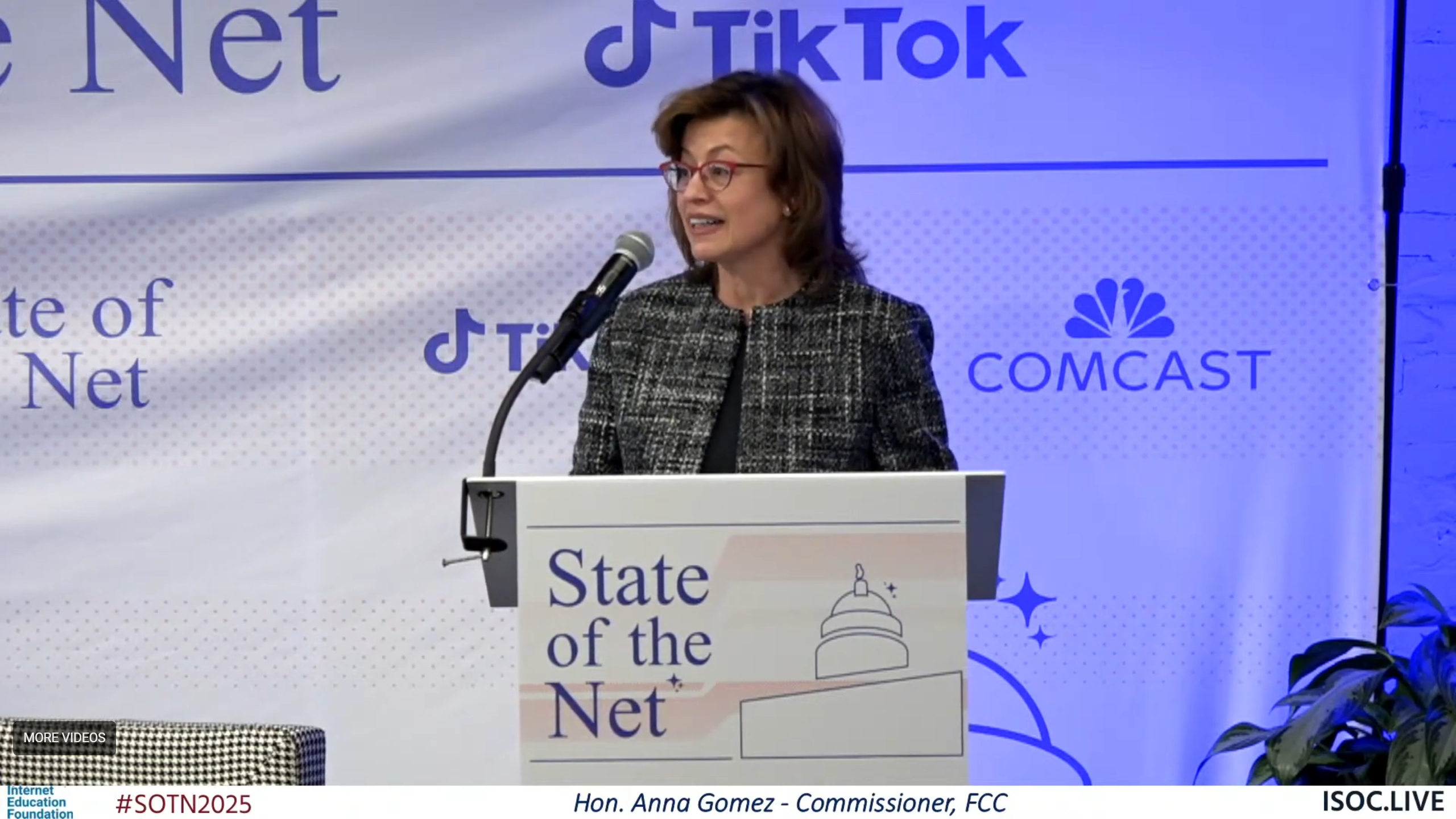British Eurosport boosts content with live cellular uplink
The professional video industry's #1 source for news, trends and product and tech information. Sign up below.
You are now subscribed
Your newsletter sign-up was successful
British Eurosport, the UK arm of pan European sports broadcaster Eurosport, is the latest to employ live cellular uplink technology to enrich content with localized video material.
The operator will use cellular uplink back packages from video over cellular specialist LiveU for use in both niche and premium sports transmission in English to UK viewers.
British Eurosport says it tested the technology at various sports events this year, including the MCE British Superbikes and World Superbikes, and most recently the French Open tennis championships, where it proved useful filling in material during frequent rain delays. It will also be used to boost coverage of the forthcoming Tour de France cycle race with added coverage on the spot, such as interviews with participants or spectators.
The main advantage of video over cellular (VoC) for both ENG and remote broadcasting, lies in avoiding the costs and logistical complexities of satellite uplinks, which limits the scope for "micro coverage" of small events or around the edges of larger ones.
“For us, a lot of the benefit of this technology is convenience, as it means that we don’t have to rely on satellite,” said Jenny King, British Euro sport’s Head of Production. “Often, we go to events at quite short notice and booking a truck and a satellite feed is either impossible or very expensive.”
The downside of VoC is that the cellular service may be degraded or completely unavailable in the event of a mass call event or widespread power outage, although as both of these are frequently caused by a disaster anyway, it may not be a major consideration. VoC has become feasible through development of cellular link bonding, which takes compressed H.264 video and spreads packets over multiple cellular modems. This both increases throughput by recruiting multiple channels and also reliability because there is no single point of failure. If one channel goes, hopefully the others will still be available.
Eurosport is run and 80-percent owned by French broadcaster TF1 Group, with Discovery Communications taking a 20-percent share in December 2012. Launched in 1989, the network of channels is available in 59 countries and 20 languages, covering both European and international sporting events.
The professional video industry's #1 source for news, trends and product and tech information. Sign up below.
